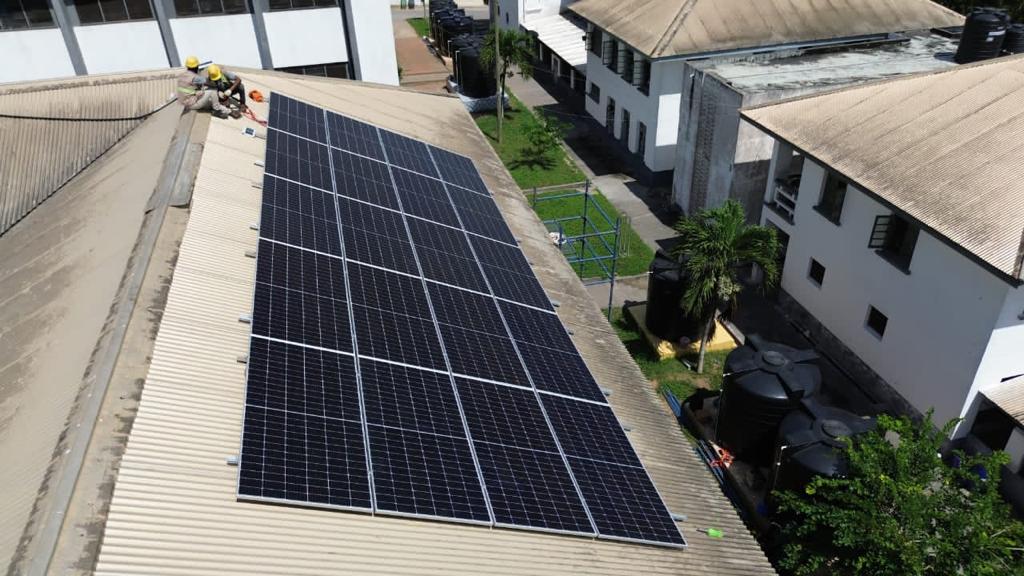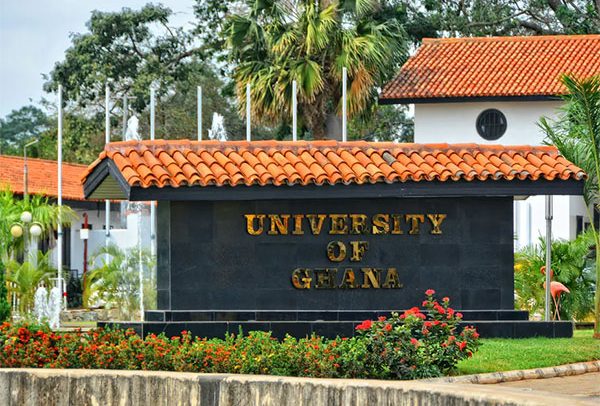
By Sammy CRABBE
As we conclude the Digital Economy Series, one principle has emerged clearly: the digital economy is no longer an adjunct to national growth – it is its core engine. Across the globe, transformative digital ecosystems began within small, focused zones. Shenzhen in China started as a one-square-mile experiment in 1980, now contributing hundreds of billions to China’s GDP. Dublin’s Docklands, London’s “City,” and Dubai’s Internet City all began as concentrated innovation hubs before scaling globally.
Ghana now stands at a similar crossroads. The One Square Mile Project, beginning in Accra around the Ministries area, will serve as the living embodiment of the lessons discussed throughout this series: how technology, governance, and entrepreneurship converge to generate inclusive growth.
The One Square Mile Project is designed as a digitally enabled economic micro-zone, a living laboratory where infrastructure, finance, governance, and enterprise intersect. By concentrating innovation and connectivity in a defined area, Ghana can demonstrate what a functional digital economy looks like and then replicate the model across the country’s sixteen regions.
Starting around Accra’s Ministries area is strategic. This precinct houses central government offices, making it ideal for testing digital service delivery, public–private collaboration, and citizen engagement. Success here will provide a replicable blueprint for other urban and regional centres.
The scale of the opportunity is significant. Globally, the digital economy contributes roughly 15percent of total GDP, amounting to over US$16 trillion of the world economy (World Bank; Forrester Research, 2024). This demonstrates that digital platforms, connectivity, and technologies are central to value creation, capture, and exchange.
In the UK, the digital sector contributed £158.3 billion in Gross Value Added (GVA) in 2022, about 7.2percent of total UK GVA, with digital employees generally more productive than the wider workforce (UK Office for National Statistics, 2022). GVA measures the value added by a sector, excluding the cost of inputs, making it a particularly relevant metric for assessing the contribution of digital industries.
Historically, successful digital clusters began in small geographic zones:
- Shenzhen Special Economic Zone (China): ~1.2 square miles at inception; now a global technology and manufacturing hub.
- Dublin Docklands (Ireland): <2 square miles; hosts European headquarters of Google, Meta, and Airbnb.
- City of London (UK): one square mile; evolved into a fintech and financial services hub supporting millions of jobs.
- Dubai Internet City (UAE): initially a compact technology park; today houses over 1,600 firms and contributes significantly to non-oil GDP.
Each example highlights the power of small, concentrated zones to generate outsized economic impact.
Ghana’s One Square Mile Project builds on these lessons. By focusing initially on Accra’s administrative core, the project leverages existing public institutions while creating a microcosm of a modern digital economy. Within the zone, the vision includes:
- Full connectivity for households and SMEs, enabling digital payments and e-commerce.
- Community hubs for training in coding, AI, and digital skills.
- Smart governance tools for transparent public service delivery.
- Health and education innovations powered by digital platforms.
Such an ecosystem will generate measurable economic and social impact. Research indicates that economies with mature digital clusters achieve higher productivity growth and faster innovation adoption (StartUs Insights, 2024). For Ghana, even modest gains in digital adoption could increase GDP growth by 1–2 percentage points annually, creating new employment opportunities in technology, creative industries, logistics, and fintech.
Ghana can learn from the global pattern: start small, measurable, and focused, then scale. By piloting the project in Accra’s Ministries area, Ghana ensures visibility and accountability while testing public–private collaboration. Ministries, departments, and agencies can adopt digital workflows that set precedents for the wider public sector, creating proof-of-concept for regional replication.
This approach aligns with Ghana’s broader Digital Ghana Agenda. Once the Accra pilot demonstrates success, the model can be expanded regionally: urban areas like Kumasi and Tamale, coastal cities like Takoradi, and northern agricultural hubs can adapt the framework to local priorities. The global digital economy is projected to surpass US$20 trillion by 2026, and nations that successfully localize digital growth will reap disproportionate benefits. If Ghana captures even 0.1percent of this market, the potential economic impact exceeds US$20 billion, rivaling traditional exports such as cocoa or gold.
The One Square Mile Project is a controlled, testable, and scalable model. It provides a laboratory for digital taxation, identity systems, fintech innovation, and citizen service delivery – all measurable within a defined geography before being scaled nationally.
Every transformative digital economy started small. Shenzhen, Dublin, London, and Dubai all began with concentrated experiments. Ghana’s One Square Mile Project begins in Accra’s Ministries area, creating a model that is measurable, replicable, and inclusive. By demonstrating tangible gains in productivity, entrepreneurship, governance, and citizen engagement, the project will provide a blueprint for a nationwide digital economy.
The global digital economy already accounts for 15percent of GDP and is projected to grow rapidly. Ghana has the opportunity to join the ranks of nations turning focused digital zones into engines of national prosperity. The One Square Mile Project is not just a concept – it is the practical bridge to a digital, inclusive, and sustainable Ghanaian economy. The Digital Economy Series concludes here, but Ghana’s journey toward digital transformation begins in earnest – one square mile at a time.
>>>the writer is a PhD researcher specializing in blockchains and decentralized finance at the University of Bradford. He holds an MBA in International Marketing and a post-graduate certificate is research from the International University of Monaco. Sammy was the first president of the Ghana Business Outsourcing Association and developed Africa’s first data entry operation and Ghana’s first medical transcription company. He can be reached via [email protected]
The post A conclusion – Building the digital future: The One Square Mile project appeared first on The Business & Financial Times.
Read Full Story





















Facebook
Twitter
Pinterest
Instagram
Google+
YouTube
LinkedIn
RSS